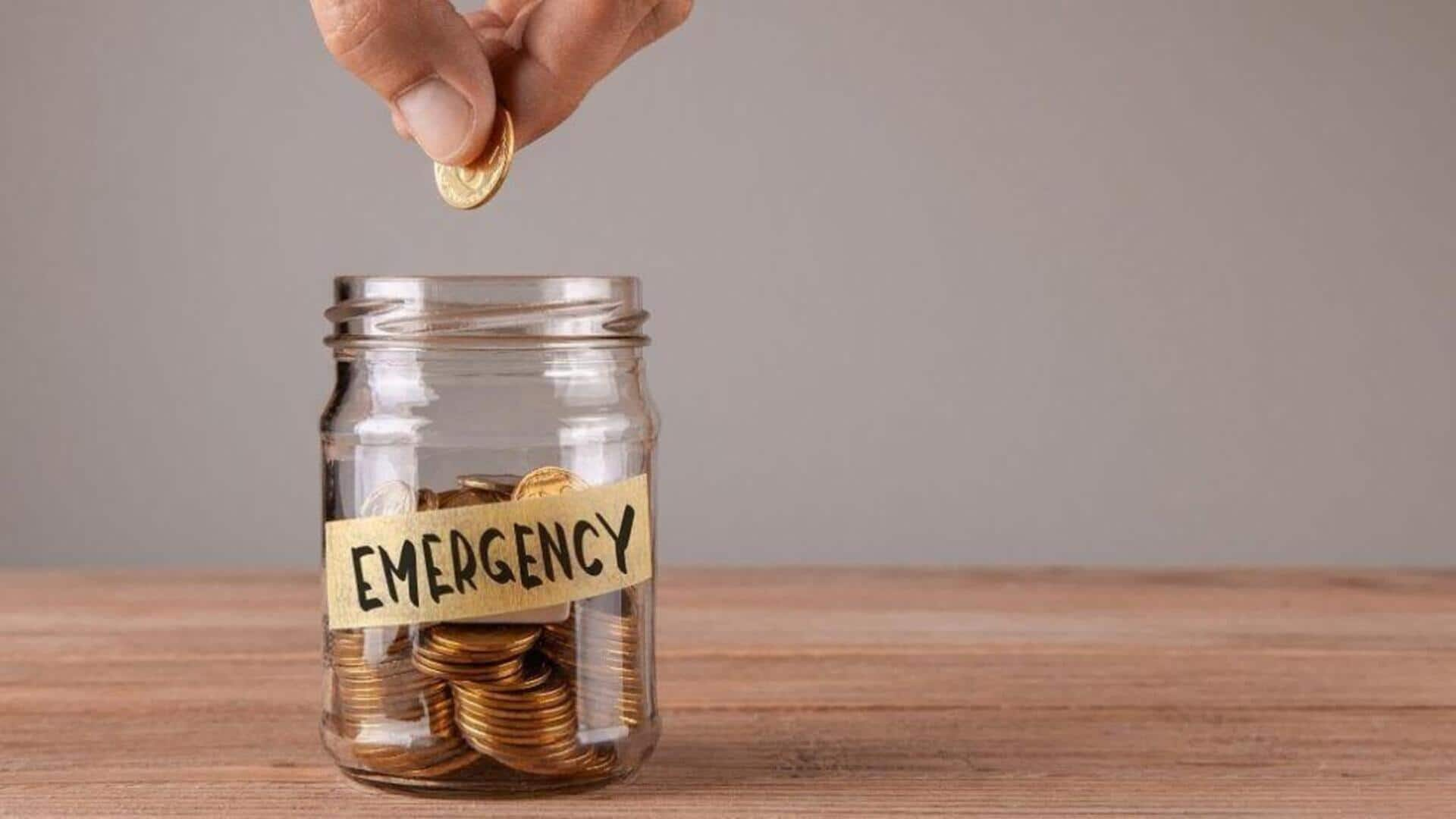
These 5 habits help you boost your emergency fund
What's the story
Building an emergency fund is essential for financial stability, but many people find it difficult to save.
While conventional ways such as budgeting are common knowledge, there are some unusual habits that can greatly improve your savings.
They may not be the first ones to pop in your head while thinking about saving money, but they can really help in expanding your emergency fund over time.
Automation
Automate your savings
One of the most effective ways to grow your emergency fund is to automate your savings.
Set up an automatic transfer from your checking account to a separate savings account every month.
This way, you will save consistently without even thinking about it.
Even small amounts like ₹500 or $10 can compound and help you create a robust financial cushion.
Minimalism
Embrace minimalism
Adopting a minimalist lifestyle can save you a lot of money.
By concentrating on buying only those things that you really need and decluttering unnecessary stuff, you cut down on expenses and leave yourself with more money to add to your emergency fund.
Selling unused items online or at garage sales can also bring in some additional cash that you can directly add to your savings.
Cash budgeting
Use cash-only budgeting
Switching to a cash-only budgeting system helps you control your spending and encourages you to save more.
Withdraw a set amount of cash each week for discretionary spending and avoid using credit/debit cards for non-essential purchases.
This way, it'll be easier to track your expenses and you won't overspend, leaving more money to be directed toward building an emergency reserve.
Cashback offers
Take advantage of cashback offers
Using cashback offers on day-to-day purchases is another indirect way of building your emergency fund.
Most credit cards offer cashback rewards on groceries, fuel, and other daily expenses.
By using these offers strategically and investing the cashback into your savings account, you can incrementally grow the amount saved without changing your budget too much.
Mindful spending
Practice mindful spending
Mindful spending is all about being aware of where every single dollar goes before you make any purchase decisions.
Before picking up something new, ask yourself if it goes with long-term goals or if you're just making an impulse buy.
This way, you can curb unnecessary expenditures, channeling those saved funds into growing your safety net instead.